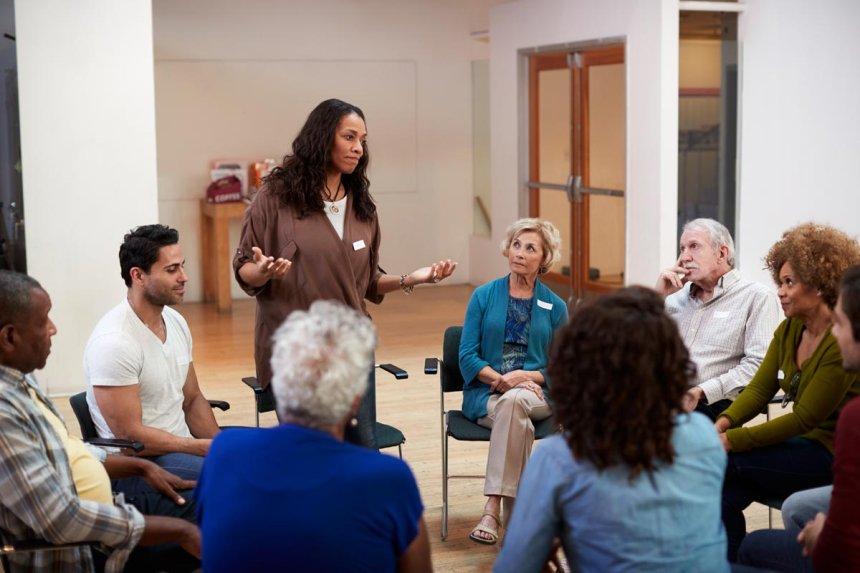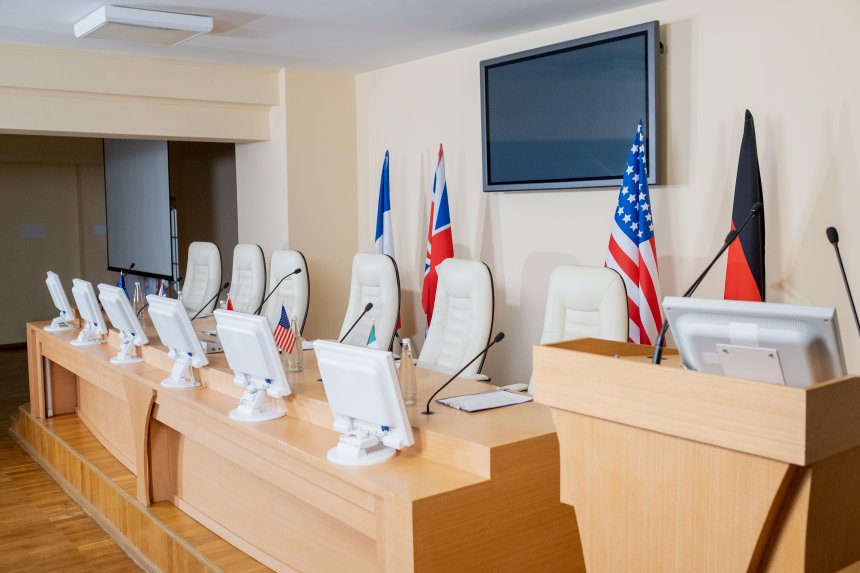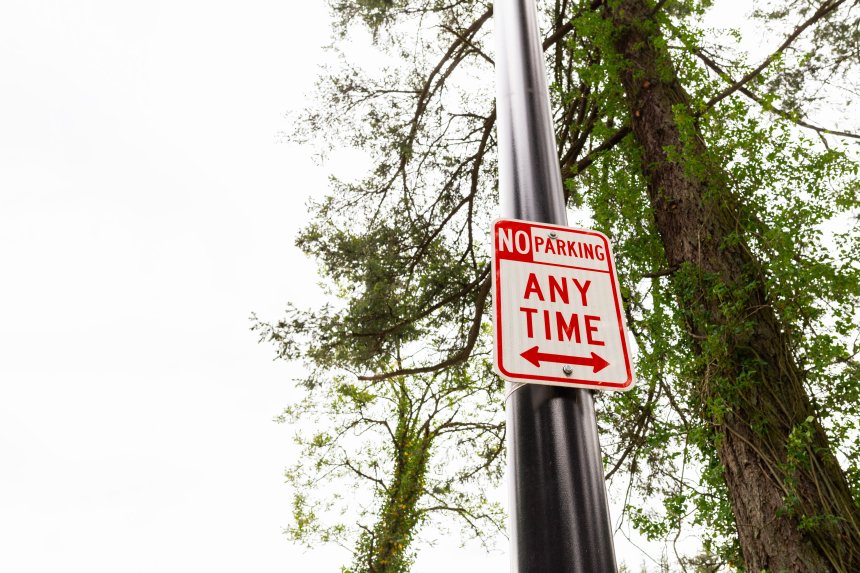Why Elected Officials Should Prioritize Community Engagement
Community engagement isn’t a “nice to have” - it’s a core responsibility of elected leadership. By fostering an open, inclusive, and participatory culture, elected officials not only serve their constituents more effectively, they help strengthen the democratic fabric of their towns and cities.

Local government is closest to the people, but that connection doesn’t happen automatically. It requires effort, intention, and trust-building. For elected officials, making community engagement a priority is one of the most effective ways to lead successfully, govern responsibly, and foster public confidence.
Here’s why it matters:
1. Build Public Trust
When residents see their voices being heard and valued, trust in government grows. In today’s environment of skepticism and misinformation, transparent engagement helps counter cynicism and builds the credibility of both individual leaders and the government as a whole.
2. Make Better Decisions
Engaged communities produce better outcomes. Residents often bring valuable perspectives, local knowledge, and creative ideas that can inform decisions. Listening carefully can surface potential concerns before they become problems, and improve policy by grounding it in lived experience.
3. Strengthen Civic Participation
Regular outreach encourages more people to get involved in civic life. Whether through attending meetings, volunteering, or voting, engaged residents help create a more vibrant and resilient community.
4. Foster Inclusivity and Equity
Deliberate community engagement ensures that diverse voices, especially those from historically underrepresented groups, are included in local governance. This helps create fairer and more representative outcomes and reduces the risk of inadvertently leaving some segments of the community behind.
5. Increase Public Support for Initiatives
Major projects, policy changes, or capital investments are more likely to succeed when they have broad public understanding and buy-in. Engaging residents early and often helps cultivate the support needed to move initiatives forward.
6. Strengthen Accountability
Elected officials work for the public. Community engagement creates meaningful two-way communication channels, helping officials stay accountable to their constituents, not just during election season, but throughout their term.
7. Build Community Resilience
In times of crisis, whether natural disasters, public health emergencies, or budget shortfalls, an engaged community can mobilize faster, adapt more effectively, and work more collaboratively with local government to navigate challenges.
Practical Tips for Elected Officials
Prioritizing community engagement doesn’t always mean adding new meetings to an already full calendar. It’s about making it a mindset and weaving engagement into the way you lead. Here are a few ways to start:
-
Attend and actively listen at public meetings - not just speak.
-
Host informal listening sessions in accessible locations.
-
Use social media to share updates and invite feedback.
-
Participate in local events and neighborhood gatherings.
-
Collaborate with community organizations to reach more residents.
-
Proactively reach out to marginalized or underserved groups.
A Core Responsibility of Leadership
Community engagement isn’t a “nice to have” - it’s a core responsibility of elected leadership. By fostering an open, inclusive, and participatory culture, elected officials not only serve their constituents more effectively, they help strengthen the democratic fabric of their towns and cities.
In short: if you want to lead well, engage well.



















